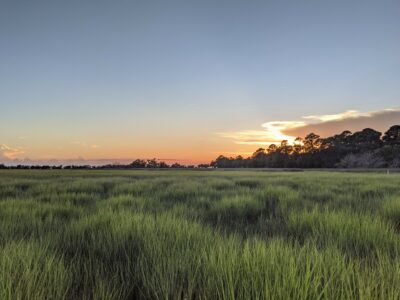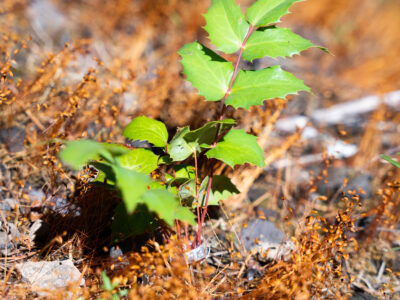Modeling Provides Clues for Salt Marsh Health

“We know that salt marsh plants face stressors like sea level rise, drought, and excess nutrient runoff. What is more difficult to predict is the localized response to these stressors,” writes Kyle Runion of his











